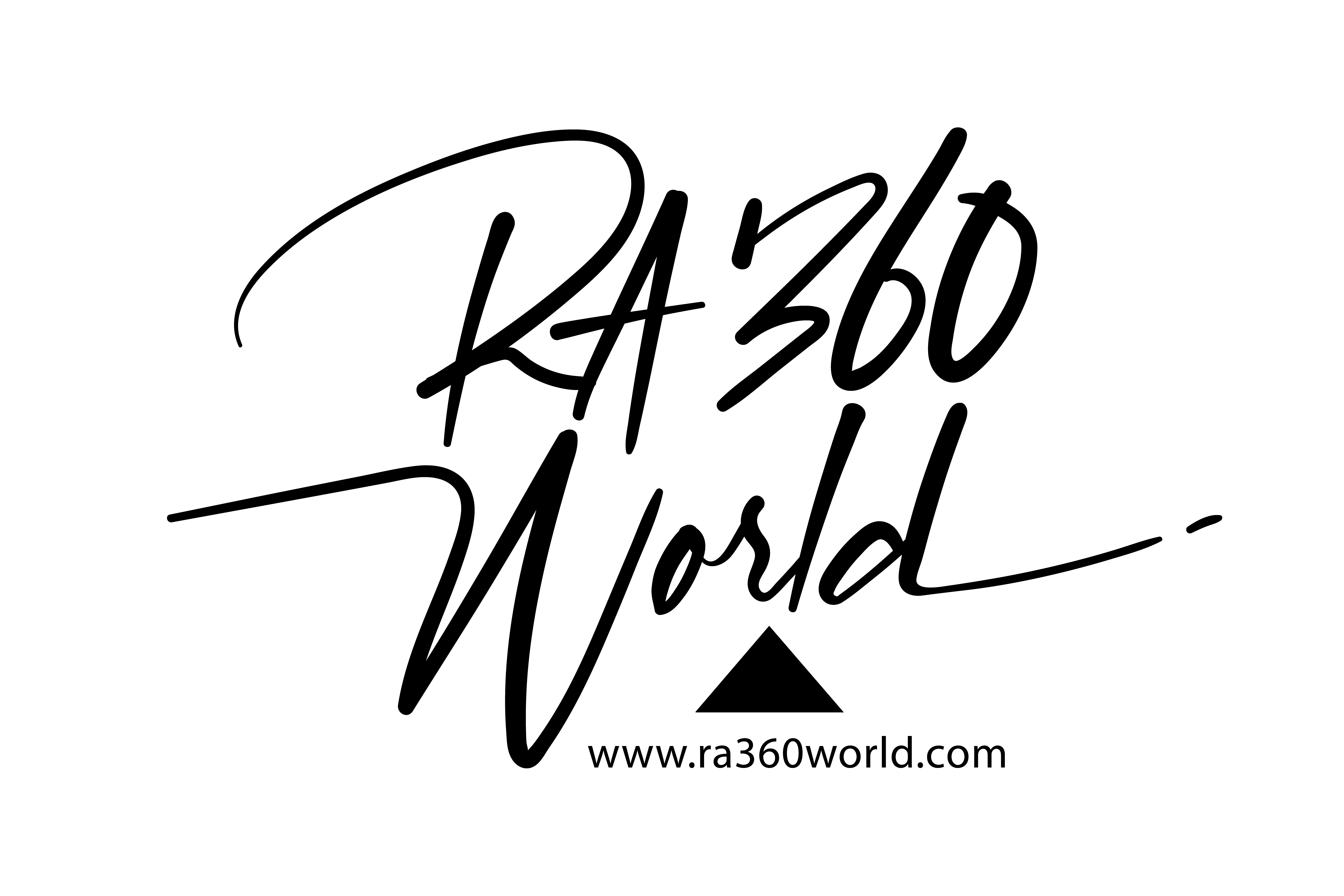No products in the cart.

The oil and gas industry offers a variety of career opportunities for those with the right skills and experience. From working on the front lines in drilling and extraction to managing large-scale projects, there are many ways to get involved in this dynamic field.
Some of the most popular career paths in the oil and gas industry include:
Drilling Engineer
This role is responsible for planning and overseeing the drilling process for new wells. Drilling engineers work closely with other team members to ensure that all safety protocols are followed and that the project stays on schedule.
Extraction Engineer
These professionals oversee the process of extracting oil and gas from wells. They work closely with drilling engineers to plan and execute extraction operations. Extraction engineers may also be involved in developing new extraction methods and technologies.
Reservoir Engineer
Reservoir engineers are responsible for managing the storage and distribution of oil and gas. They work closely with extraction engineers to ensure that reservoirs are properly maintained and that operations run smoothly.
Project Manager
Project managers oversee all aspects of oil and gas projects, from planning and execution to budgeting and scheduling. They must have strong leadership skills and be able to effectively communicate with all team members.
Environmental Manager
Environmental managers are responsible for ensuring that all environmental regulations are followed on oil and gas sites. They work closely with other team members to ensure that all activities are carried out in a way that minimizes the impact on the environment. An environmental manager may also be responsible for developing and implementing environmental protection plans.
Petroleum Inspector
Petroleum inspectors are responsible for ensuring that all products meet quality standards. They inspect equipment and facilities, and they test samples of oil and gas to ensure that they meet the required specifications.
Quality Control Technician
Quality control technicians work closely with petroleum inspectors to ensure that all products meet quality standards. They test samples of oil and gas to ensure that they meet the required specifications.
Operations Manager
Operations managers are responsible for overseeing all operations on an oil and gas site. They work closely with other team members, including project managers, to ensure that workplace safety and efficiency standards are met.
Logistics Coordinator
Logistics coordinators are responsible for planning and executing the transportation of products and materials to and from oil and gas sites. A logistics coordinator handles everything from supply shortages to traffic delays.
Sales Representative
Sales representatives are responsible for marketing and selling products and services to customers. They work closely with commercial clients to understand their needs and develop custom solutions.
Accountant
Accountants are responsible for maintaining financial records and preparing financial statements. Accountants in the oil and gas industry may also be responsible for managing the budgets of projects.
Welder
Welders are responsible for joining metals together using heat and pressure. Welders in the oil and gas industry may be responsible for fabricating or repairing pipelines, storage tanks, or other structures.
Pipefitter
Pipefitters are responsible for installing, maintaining, and repairing piping systems. They work closely with other tradespeople, such as welders and electricians, to create systems that meet the specific needs of each project.
Electrician
Electricians are responsible for installing, maintaining, and repairing electrical systems. They work closely with other tradespeople, such as pipefitters and welders.
Instrument Technician
Instrument technicians are responsible for installing, calibrating, and repairing instruments. Instrument technicians in the oil and gas industry may be responsible for measuring oil and gas flow rates or pressures.
Well Tester
Well testers are responsible for testing the conditions of oil and gas wells. They collect samples of fluids and gases, and they measure various parameters, such as pressure and temperature.
Drilling Fluids Engineer
Drilling fluids engineers are responsible for designing and overseeing the drilling fluid program for a project. A drilling fluids engineer works closely with the drilling superintendent to ensure that the correct type of drilling fluid is used for each phase of the project.
Gas Plant Operator
Gas plant operators are responsible for the safe and efficient operation of gas processing facilities. They take on a big-picture role in the daily operations of the plant and ensure that other team members have the equipment and resources they need to do their jobs.
Field Service Technician
Field service technicians are responsible for installing, maintaining, and repairing equipment on oil and gas sites. They may also work on projects, such as pipeline construction or well drilling.
Geologist
Geologists study the Earth’s surface to identify potential oil and gas reserves. Geologists in the oil and gas industry may also be responsible for conducting environmental impact assessments.
There are many other roles that are essential to the oil and gas industry, including human resources, maritime related, marketing, and information technology. No matter what your skills and interests are, there is a place for you in this dynamic industry.





